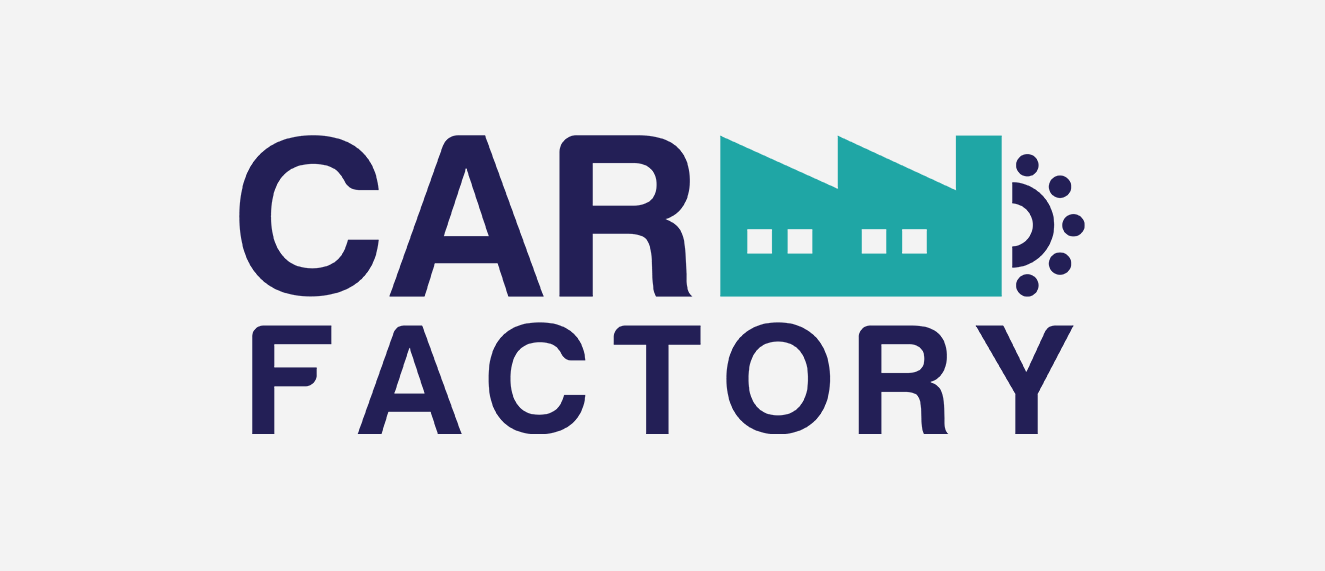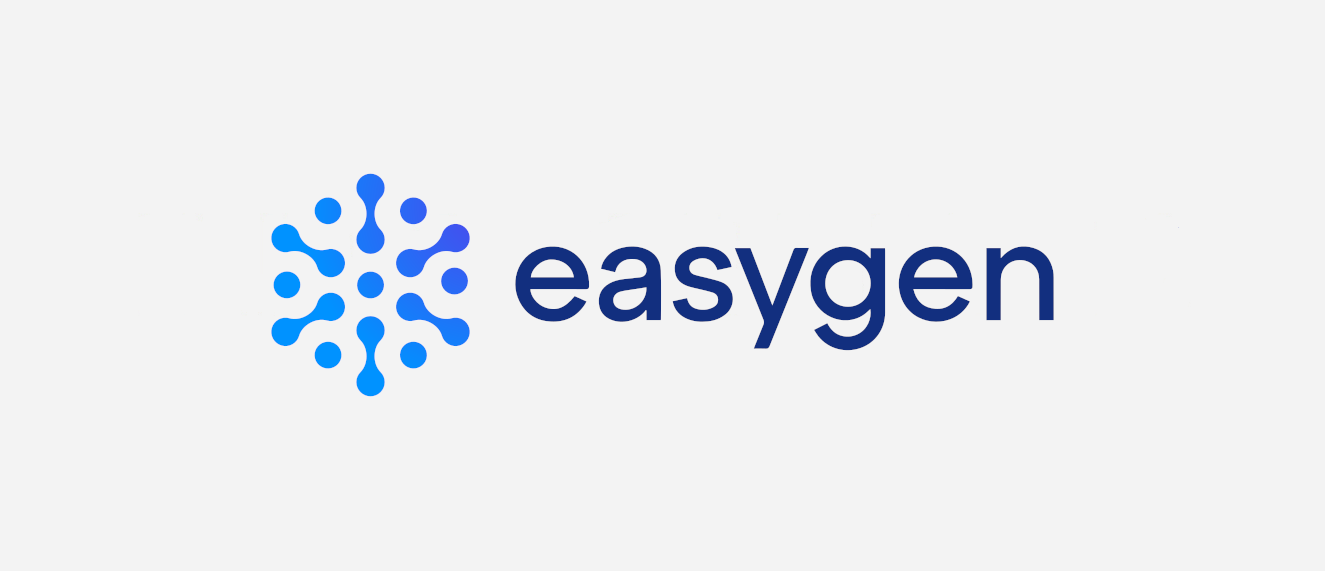Department of Cellular Immunotherapy
The Department of Cellular Immunotherapy develops innovative methods for manufacturing CAR immune cell products, including nanoparticle-based transfection and squeezing techniques to enable precise gene delivery. The research team considers automated ATMP production crucial for making these therapies accessible to a broad patient population. An additional research focus lies in the development of truly personalized therapies through the application of adaptive manufacturing. This approach is supported by self-learning and automated production processes, for example in collaboration with the AIDPATH consortium.
_______________
We welcome collaborations in our in-house research, particularly in robotics and artificial intelligence. We look forward to hearing from you.
_______________
Our ongoing projects
Fraunhofer ATTRACT-Program »CAR-Duett«
CAR T cell therapy is well established for the treatment of certain leukemias and lymphomas. However, many patients experience relapse, for example due to the loss of the target antigen on the cell surface. In solid tumors, immunotherapy is further challenged by the immunosuppressive tumor microenvironment. To address these challenges and prevent the development of tumor resistance, this project combines different CAR-modified immune cell types. Specifically, CAR T cells from the adaptive immune system are used in combination with CAR NK cells (natural killer cells) from the innate immune system in a so-called DUETT therapy. This combination unites the strengths of both cell types into a single therapeutic approach.
CAR FACTORY

Following the highly successful breakthrough of CAR T cell therapy for the treatment of hematologic malignancies, the preclinical development of novel CAR therapies targeting antigens beyond the well-established CD19 and BCMA has progressed comparatively slowly. Only a few academic product candidates advance to evaluation in clinical trials. The CAR FACTORY consortium is committed to establishing robust academic drug development programs that transform innovative ideas into effective therapies for patients. The consortium places particular emphasis on rare and hard-to-treat cancers that have so far received limited attention in CAR cell research. In addition, it serves as a central point of contact for researchers and clinicians seeking support for preclinical studies.
Partners
University Hospital Frankfurt (Coordination); University Hospital Würzburg (Coordination); University Hospital Freiburg
- More about CAR FACTORY

Easygen – Easy workflow integration for gene therapy

The aim of the project is to develop an integrated and automated manufacturing platform for the decentralized production of CAR-T cell therapeutics. The system, which can be placed in hospitals and medical centers, is intended to significantly reduce both the production times and the costs of manufacturing cell-based immunotherapeutics and thus expand access to these vital drugs.
To this end, an EU-funded consortium consisting of 17 industrial and academic partners is working together under the coordination of Fresenius. The basis for the project is a technology developed by Fresenius Kabi, which is being further developed as part of the project.
The Fraunhofer IZI is contributing its expertise in the development and production of CAR-T cell therapies and various other cell-based therapeutics and is taking on various tasks within the consortium. These include the testing and optimization of the point-of-care manufacturing platform and corresponding consumables as well as their validation against conventional manufacturing processes in the centralized laboratory. The Fraunhofer IZI is also involved in the development of studies and concepts focusing on the integration of the platform into clinical workflows and regulatory aspects.
Fraunhofer IESE is also involved, which is developing a digital twin of the technology that will be used for further optimization.
Partner
Fresenius SE & Co. KGaA (Coordination); Helios Hospital Berlin-Buch; QS Instituto, Spain; Fenwal Inc., USA; Cellix Ltd., Ireland; Charles River; Pro-Liance Global Solutions; TQ Therapeutics; Philips Electronics Nederland B.V., The Netherlands; Fraunhofer IESE; Helmholtz-Zentrum Dresden-Rossendorf; Technical University of Denmark, Denmark; Frankfurt School of Finance & Management; European Society for Blood & Marrow Transplantation, Spain; Bar-Ilan University, Isreal; University of Glasgow, United Kingdom; University of Navarra, Spain
Funding
The project is funded by the EU as part of the Innovative Health Initiative Joint Undertaking (IHI JU) (grant agreement No 101194710).
- More about Easygen.

Saxo Cell Project "SB Tract"
The SaxoCell Innovation Cluster is a strategic alliance of leading research institutes and medical institutions in Saxony, including partners from Leipzig, Dresden, and Chemnitz. Within the SB-TRACT project, an optimized and accelerated manufacturing protocol for CAR T cells is being developed, using a virus-free, transposase-based gene transfer system delivered via polymer nanoparticles (PNPs) for the treatment of solid tumors. The strategic objective is to translate innovative T cell products into clinical-grade therapies within the SaxoCell cluster. Project partners include Fraunhofer IZI in Leipzig and its Würzburg branch, Leipzig University, as well as the industry partners Haema AG, T-CURX GmbH, and TheryCell GmbH.